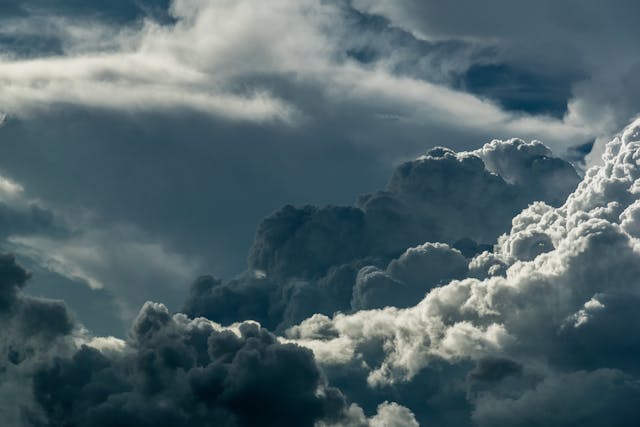How Accurate are Weather Radar Predictions for Outdoor Events?
Hosting an event requires planning as weather conditions play a significant role in its success – whether it's a wedding celebration, a sports tournament, or even a festive gathering in question! The accuracy of weather predictions is key to ensuring everything runs smoothly during these occasions.
Understanding Weather Radar Systems
Weather radar services are crucial for keeping an eye on the weather conditions above us by using radio waves to spot rainfalls and cloud formations. They also identify storm systems ahead of time, allowing forecasters to predict upcoming weather patterns like rainfall chances or clear skies. This, in turn, assists planners in making smart choices for outdoor events to ensure everyone's safety and enjoyment.
Factors Influencing Prediction Accuracy
The accuracy of weather predictions is influenced by multiple factors. The effectiveness of radar technology plays a role in this regard. Advanced radar setups can provide information on even small atmospheric alterations. In addition to that the knowledge and experience of meteorologists in interpreting radar data significantly impact the reliability of forecasts.
Different places have an impact, too. Some areas have weather that's hard to predict, which makes forecasts less accurate there. Also, how far ahead we predict things affects how reliable they are. Short-term forecasts are usually more accurate and can help with planning better than long-term ones, which might not be as certain.
Technological Advances in Forecasting
In digital times, technological progress has greatly enhanced the precision of weather forecasts and improved the accuracy of weather predictions. Advanced radar systems and complex algorithms work together to provide an in-depth analysis of weather patterns. Machine learning and artificial intelligence play a role in enhancing forecast accuracy by recognizing patterns and irregularities that may go unnoticed by analysts.
In addition, connection with satellite information boosts the range of weather observation endeavors. Satellites offer an outlook by collecting data on weather patterns. This all-inclusive viewpoint assists in forecasting weather events accurately and enriches forecast accuracy for outdoor activities.
Practical Implications for Event Planners
Event organizers must grasp the strengths and limitations of weather forecasts to make decisions effectively in planning events. They can use predictions to anticipate weather challenges and arrange backup plans, like changing venues or rescheduling to handle any adverse weather scenarios proficiently.
Furthermore, it is important to communicate with the guests. Keeping them updated about any weather shifts is crucial for their well-being and enjoyment. Making use of applications and weather notification systems can offer updates allowing guests to make necessary arrangements accordingly.
The Role of Human Judgment
Even though technology is important in weather forecasting, human judgment still plays a role in the process. Meteorologists use their knowledge and skills to analyze radar data. They take into account factors like weather patterns and past information to give meaning to raw radar data, which helps improve the accuracy of predictions.
When meteorologists work together with event planners and local authorities, they take an inclusive approach to handling weather-related issues. By joining forces, they can make informed choices and reduce the effects of unexpected weather conditions on outdoor events.
Limitations and Challenges
Despite the progress in technology, today's weather radar predictions encounter obstacles and difficulties. The unpredictable nature of weather changes stands as a challenge as it hampers the accuracy of forecasts.
Additionally, some weather occurrences, such as microclimates and unexpected storms, continue to present challenges in prediction. Weather prediction is never guaranteed to be accurate. Event organizers should be prepared to adapt swiftly in case of unexpected weather variations by having backup plans in place.
Conclusion
Weather radar forecasts have become essential for planning events nowadays, with technology advancements enhancing their precision. However, they are not always foolproof, as there are limitations to their accuracy as well. Being aware of both the capabilities and shortcomings of weather predictions aids event organizers in making choices that prioritize the safety and enjoyment of attendees.
Stressing the teamwork between meteorologists and event planners boosts the accuracy of weather predictions. It also improves the odds of hosting outdoor events through a blend of technology-driven insights and human expertise in logistical planning.

